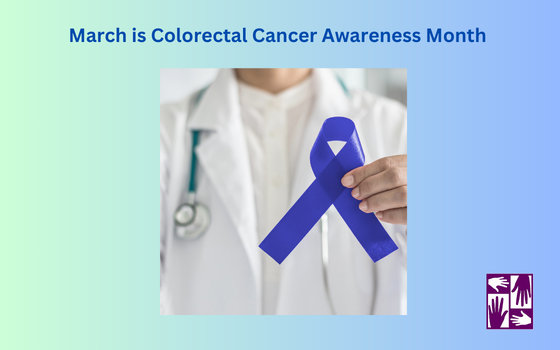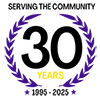March 25, 2024

– March has been designated as Colorectal Cancer Awareness Month, a critical period aimed at increasing awareness of the disease, which remains a significant public health challenge. Recognizing this month holds paramount importance as it seeks to encourage early detection and prevention methods which can significantly improve survival rates. In the United States, colorectal cancer is one of the leading causes of cancer-related deaths, with approximately 150,000 new cases diagnosed each year. Early detection through screening is crucial as it can prevent the disease by identifying precancerous polyps so they can be removed before they turn into cancer.
For those seeking screening, various options are available, including traditional colonoscopies and less invasive tests such as the fecal immunochemical test (FIT), stool DNA tests, and sigmoidoscopy. These screening methods differ in frequency, preparation, and how they are performed, making it essential for individuals to discuss with healthcare providers the most suitable option based on their risk factors and preferences.
A traditional colonoscopy is a medical procedure that allows healthcare providers to examine the inner lining of your large intestine (rectum and colon). Utilizing a thin, flexible tube called a colonoscope, which is equipped with a tiny video camera at the tip, physicians can view the entire colon and rectum on a screen. This method is instrumental in diagnosing colorectal cancer and other conditions, such as polyps which can be precancerous. During a colonoscopy, doctors can not only detect abnormalities but can also remove polyps and take tissue samples for further analysis. The procedure is generally recommended for individuals over the age of 50 as part of regular screening for colorectal cancer, or for those with risk factors or symptoms that warrant closer examination. While the thought of undergoing a colonoscopy might cause some apprehension, it’s a crucial tool in the early detection and prevention of colorectal cancer, ultimately saving lives.
Numerous organizations offer resources and support for individuals needing screening. The American Cancer Society and the Colorectal Cancer Alliance are among the leading organizations that provide comprehensive information on screening locations, financial assistance programs for those uninsured or underinsured, and guidance on navigating the screening process. Through widespread education and accessibility to screening services, Colorectal Cancer Awareness Month aims to reduce the incidence and mortality of this disease, underscoring the adage that prevention is better than cure.
To schedule a free 45 minute consultation about elderly healthcare realted issues, reach out to us @ 888.451.4290 – We are here to help you navigate the challenges of aging.
Related Articles
Summertime is here, let us help you plan the perfect picnic…
Summertime is a great time to enjoy the outdoors and plan a picnic, the perfect opportunity to bring joy especially for seniors in your life. With a bit of thoughtful preparation, you can create an experience that is both comfortable and memorable. To help you get started, here are some tips and ideas to plan a senior-friendly picnic that prioritizes accessibility, safety, and relaxation.
Boost Cognitive Function Through Brain Exercises
Just like the rest of your body, your brain changes and adapts over time. Through a concept known as neuroplasticity, your brain can form new connections, strengthen existing ones, and even recover lost abilities. Regular mental exercises can have a significant impact on your brain health. Read on to know more…
Why People in Blue Zones Thrive and Live Longer
Blue Zones are regions where people live longer, healthier lives compared to the global average. These areas have been studied extensively to find common denominators and answers about what makes these places unique. One of the key components of these lifestyles is community engagement, or having a strong sense of belonging and support from others. Read on to know more about Blue Zones and how we can duplicate their lifestyle and best practices.





